- Diet for hormonal imbalance - a solution for a better life
- What are the ten food groups to consume to get your hormonal balance back? Find out below:
- Cruciferous vegetables
- Useful fats
- A variety of vegetables
- Variety of vegetables
- Quality proteins
- Flaxseed
- Moderate fruit consumption
- Don't forget the herbs and spices
- Whole grain carbohydrates
- Sources of magnesium
- Fermented foods
Diet for hormonal imbalance - a solution for a better life
You may already know that calorie intake can affect weight gain and weight loss. But many other factors can also affect appetite, food cravings and fat storage. That's why in this article of"mybiopedia.com" you will learn more about the so important diet for hormonal imbalance.
Hormones influence many of these factors, so your hormones can be a key player in your weight management.
If your body is in a state of hormonal imbalance and just one of all the hormones in your body is not doing its job, you are very likely to experience symptoms such as rapid weight gain or rapid weight loss.
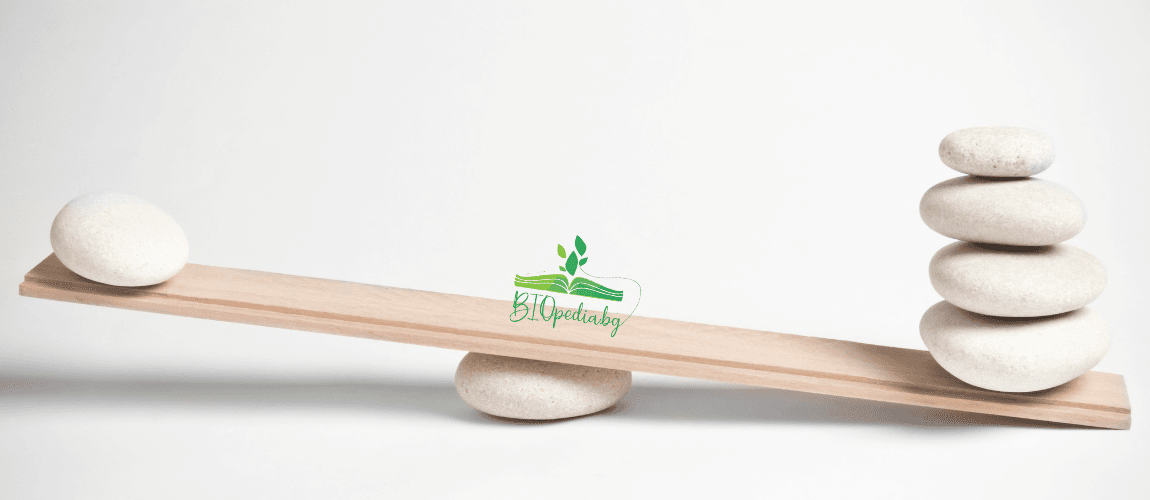
On the other hand, these amplitudes in your weight further exacerbate the hormonal imbalance.

According to the right diet for hormone imbalance, there are ways to help the malfunctioning hormones through food to bring them back to optimal levels and help your body respond to them effectively.
In this article, you will learn more about the right diet for hormone imbalances and which foods are recommended to emphasize.
What are the ten food groups to consume to get your hormonal balance back? Find out below:
Cruciferous vegetables
They are part of the Brassica family and when chopped, chewed or cooked, they release a phytochemical known as indole-3-carbinol.
Indole-3-carbinol promotes liver function, which is important for hormone balance, where our waste products and "spent" hormones are cleared.
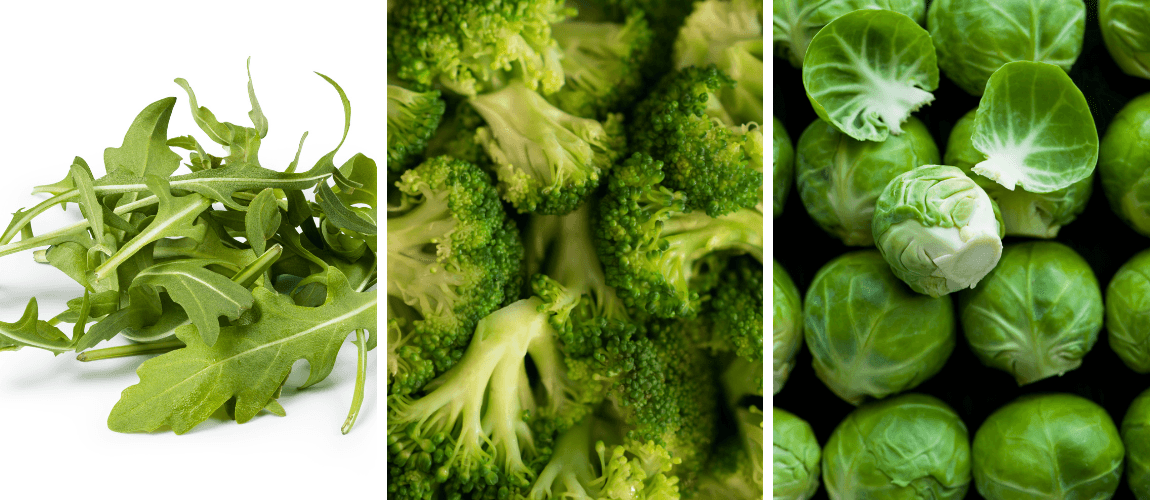
Cruciferous vegetables should be consumed daily as part of your detoxification system and diet for hormonal imbalances.
You can snack on:
Arugula
Bok choy
Broccoli
Brussels sprouts
Cabbage
Cauliflower
Kale/curly kale
Radishes
Useful fats
Eating good fats is essential for hormone production as it is these fats that build our hormones as well as reduce inflammation.
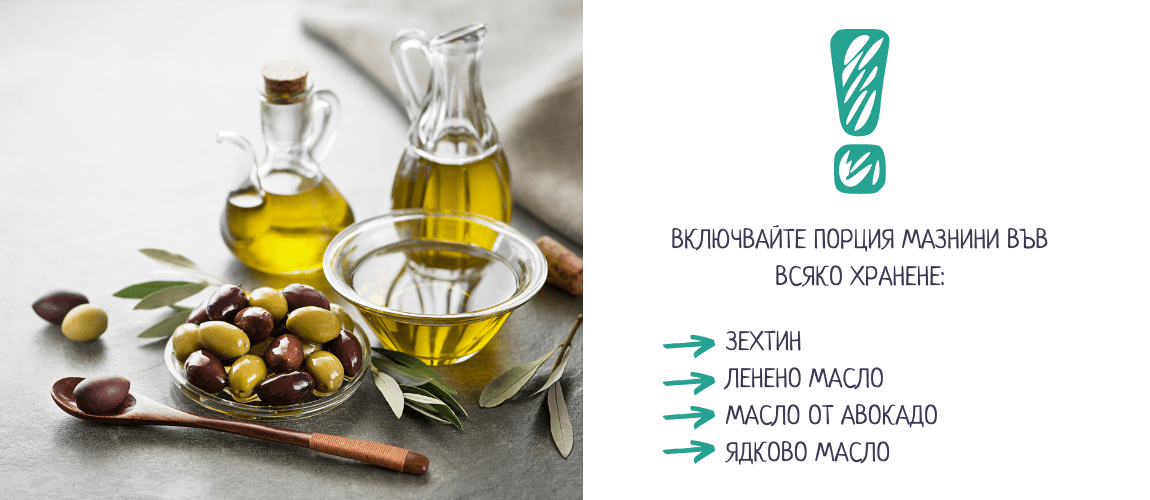
So always include a serving of fat in every meal, and it can come from olive oil, flaxseed oil, avocado oil, raw unsalted nuts or seeds, nut butters and avocados.
A variety of vegetables
Variety of vegetables
By eating a rainbow of vegetables with a wide variety of colors, we can be sure we are getting a variety of nutrients and a wide variety of different vitamins and minerals.

Aim to eat 7-8 servings a day as part of your diet for hormone imbalances (one serving is about the size of a fist).
Quality proteins
Protein fills us up and keeps us fuller for longer, thus keeping our blood sugar levels balanced. Whether this is animal or vegetable protein is a personal choice, a combination of the two is usually recommended.
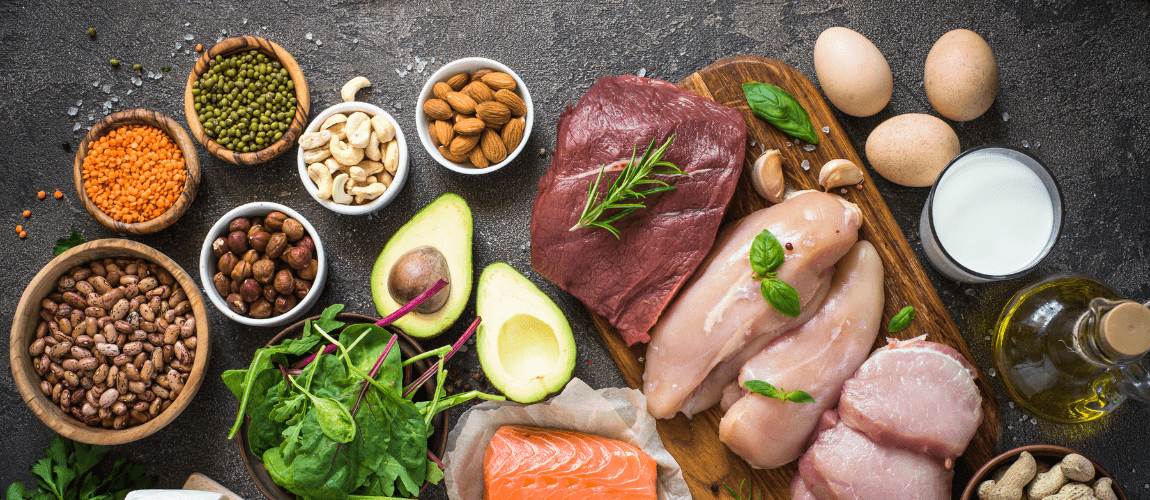
To make sure you are consuming hormone-free meat, choose organic meat of organic origin.
Flaxseed
Flaxseed is the richest dietary source of lignans, a type of phytoestrogen that helps balance estrogen levels by promoting estrogen but also removing "wasted" estrogen. Add two tablespoons of flaxseed to your breakfast, to smoothies, soups, salads.
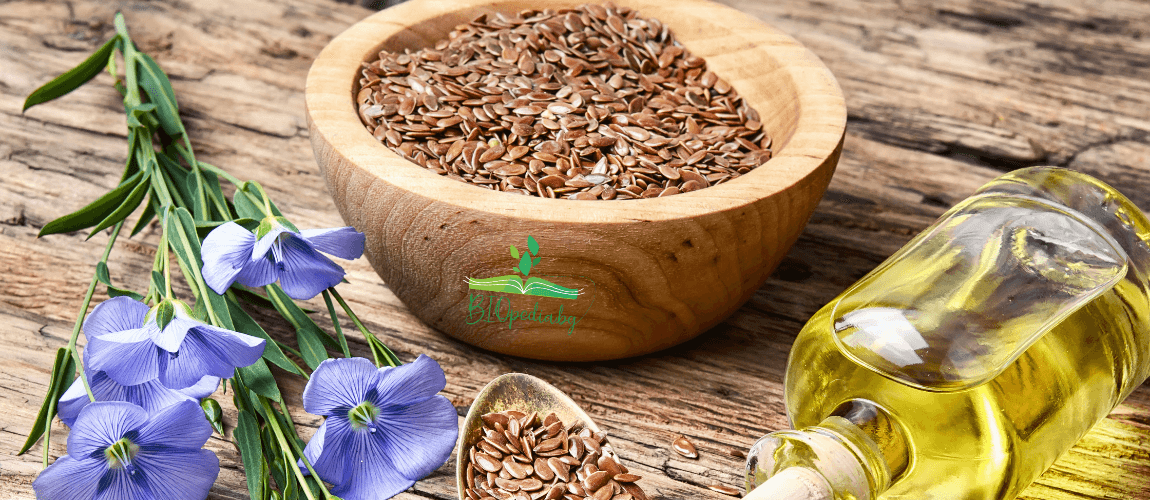
Moderate fruit consumption
Eating 1 or 2 low-sugar fruits daily, ideally raw and with the skin on helps keep your blood sugar levels in check.
Dried fruit and fruit juices can raise our blood sugar levels so should be avoided.
Don't forget the herbs and spices
Incorporating a range of fresh (or dried) herbs and spices, especially those that have anti-inflammatory properties such as ginger, turmeric, sumac, paprika, garlic, will promote hormone balance as well as ensuring we add a range of different nutrients to our meals .
Whole grain carbohydrates
Including a serving of slow-release whole grain carbohydrates such as brown rice, buckwheat, quinoa with 1 or 2 of your meals will ensure that you get much needed fiber and all the important B vitamins that support hormonal balance and the healthy elimination of spent hormones ( especially for cycle related issues such as PMS).
Your serving of whole grain carbohydrates should be the size of your fist.
Sources of magnesium
Magnesium improves our insulin sensitivity, which means our bodies are better able to use and absorb insulin and regulate our blood sugar levels, as well as regulate our nervous system (especially helpful for PMS and polycystic ovary syndrome symptoms).

Food sources of magnesium are easy to incorporate into our daily foods, such as:
Dark green leafy vegetables (e.g. spinach, watercress, kale)
Avocados
Legumes - chickpeas, lentils, beans, soybeans
Tofu
Nuts (especially almonds, Brazil nuts, cashews and pine nuts)
Seeds (especially pumpkin and sunflower seeds)
Wholegrains - quinoa
Fermented foods

For hormone production and balance, we need to ensure our gut microbiome is in great shape, so daily consumption of fermented foods (kefir, olives, fermented vegetables), prebiotic foods and probiotic yogurts etc, and eating as many different foods as possible in a week will help maintain the variety you need.





Comments